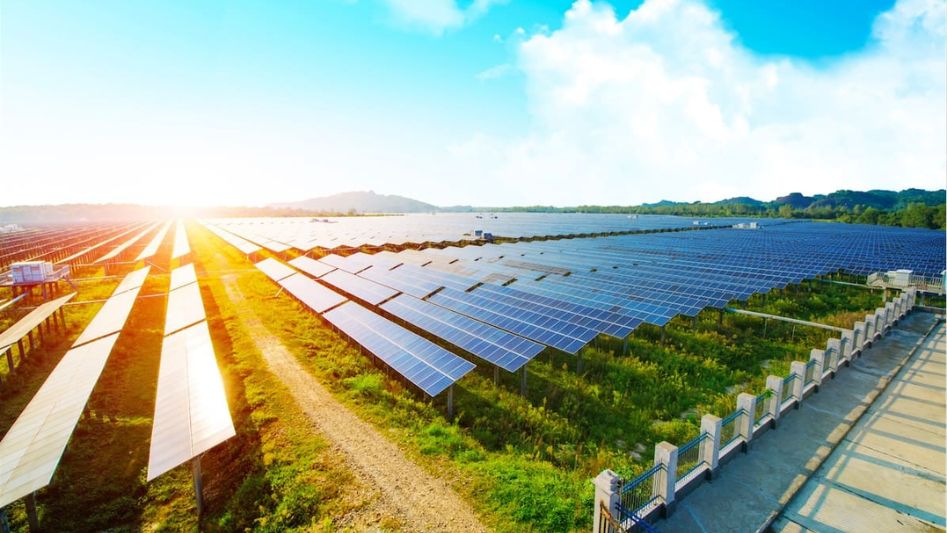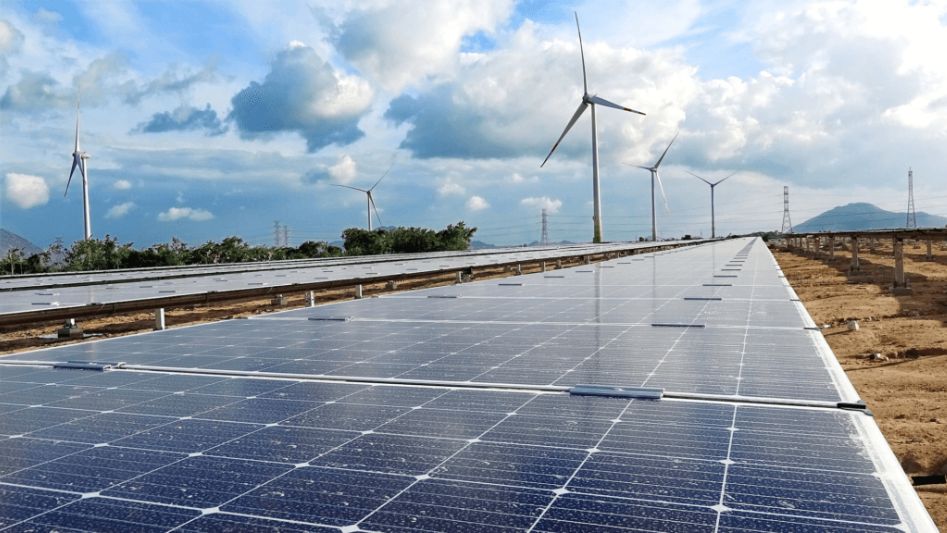In an era defined by a growing awareness of environmental challenges and a pressing need for sustainable solutions, the solar energy revolution stands as a shining example of human ingenuity and progress. Solar energy, derived from the abundant and clean power of the sun, has emerged as a dominant force in the global energy landscape, promising a future where clean, renewable energy sources drive our economies and power our lives.
Table of Contents

A Sun-Powered Renaissance
The transition towards solar energy has been nothing short of revolutionary. From humble beginnings as a niche technology, solar power has experienced exponential growth over the past few decades. According to the International Energy Agency (IEA), the global installed solar capacity has increased more than twentyfold since 2000, and it is projected to continue its meteoric rise in the coming years.
1. Endless Source of Energy
The sun, a colossal nuclear reactor located approximately 93 million miles away, is an infinite source of energy. Every hour, enough sunlight reaches the Earth to meet the energy demands of the entire planet for an entire year. This extraordinary abundance makes solar power an unparalleled resource, vastly surpassing conventional energy sources like coal, oil, and natural gas in both availability and sustainability.
2. A Clean and Green Solution
One of the most compelling aspects of solar energy is its minimal environmental impact. Unlike fossil fuels, solar power produces no harmful greenhouse gases, particulates, or pollutants during operation. By transitioning to solar, we can dramatically reduce our carbon footprint, mitigating the effects of climate change and protecting the delicate balance of our ecosystems.
3. Empowering Individuals and Communities
The democratization of energy production is another key advantage of solar technology. With the ability to install solar panels on rooftops or in small-scale solar farms, individuals, communities, and even entire countries can take control of their energy production. This decentralization not only fosters energy independence but also promotes economic growth and job creation in local communities.

Technological Advances Driving Progress
The rapid advancement of solar technology has been instrumental in propelling the solar energy revolution forward. Breakthroughs in photovoltaic cell efficiency, energy storage systems, and grid integration have significantly improved the cost-effectiveness and reliability of solar power.
1. Efficient Photovoltaic Cells
The heart of any solar energy system is the photovoltaic (PV) cell. Over the years, there have been remarkable strides in improving the efficiency of PV cells, enabling them to convert a larger percentage of sunlight into usable electricity. This increased efficiency translates to higher energy yields and shorter payback periods for solar installations.
2. Energy Storage Solutions
Addressing the intermittent nature of solar power, energy storage technologies have made significant progress. Advanced battery systems, such as lithium-ion and flow batteries, allow excess energy generated during sunny periods to be stored for later use, ensuring a steady and reliable power supply even when the sun isn’t shining.
3. Smart Grids and Integration
The integration of solar power into existing electrical grids has been facilitated by the development of smart grid technologies. These systems enable seamless coordination between various energy sources, ensuring a smooth and stable transition to a renewable energy future.
Economic Viability and Job Creation
As solar energy continues to gain momentum, it is also proving to be an economic powerhouse. The falling costs of solar panels and associated technologies have made solar energy increasingly competitive with conventional sources. In many regions, solar power has reached grid parity, meaning it is as cost-effective as traditional forms of electricity generation.
Furthermore, the solar industry has become a major driver of job creation. From manufacturing and installation to maintenance and research, the sector supports a diverse range of employment opportunities, offering a significant boost to local economies.
Overcoming Challenges and Paving the Way Forward
While the solar energy revolution has made remarkable progress, there are still challenges to be addressed. Issues such as intermittency, energy storage, and the need for improved infrastructure remain at the forefront of ongoing research and development efforts.
Additionally, policy and regulatory frameworks must continue to evolve to support the transition to solar power. Incentives, subsidies, and favorable regulations can play a crucial role in accelerating the adoption of solar energy on a global scale.

Conclusion
The solar energy revolution represents a monumental step towards a sustainable and prosperous future. With its limitless potential, minimal environmental impact, and economic benefits, solar power stands as a beacon of hope in our collective efforts to combat climate change and secure a brighter tomorrow.
As the momentum of the solar revolution continues to build, it is imperative that we collectively embrace this transformative technology and work towards a world where clean, renewable energy is the cornerstone of our energy landscape. Through innovation, collaboration, and steadfast commitment, we can usher in an era where the sun reigns supreme as the primary source of our energy needs.
FAQs
Why is solar energy important?
Solar energy is vital for a sustainable future, as it’s clean, renewable, and reduces greenhouse gas emissions.
How do solar panels work?
Solar panels work by capturing sunlight and converting it into electricity through the photovoltaic effect.
Are solar panels cost-effective?
Yes, solar panels can be cost-effective in the long run, as they reduce energy bills and often pay for themselves over time.
Can I use solar energy at home?
Absolutely! Solar panels can be installed on rooftops or in your backyard, providing clean energy for your household.
You May Also Like
- IS SOLAR ENERGY RENEWABLE OR NONRENEWABLE?
- EVERYTHING YOU NEED TO KNOW ABOUT SOLAR ENERGY
- AGRIVOLTAICS: WHERE SOLAR ENERGY MEETS AGRICULTURE
- HOW MUCH SOLAR ENERGY COST? TRENDS OVER TIME
- THE ADVANCEMENTS IN SOLAR ENERGY: A BRIGHT FUTURE AHEAD
